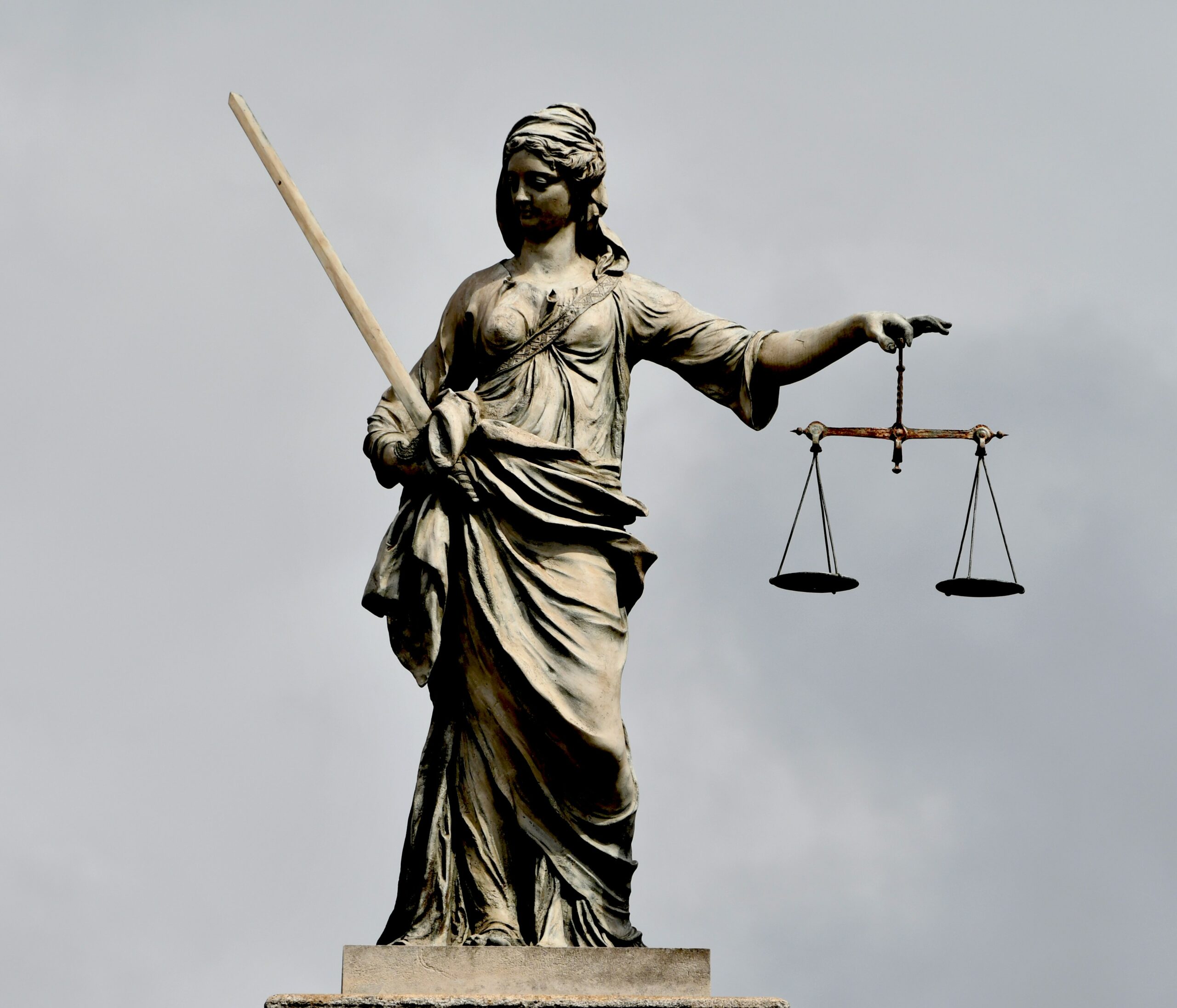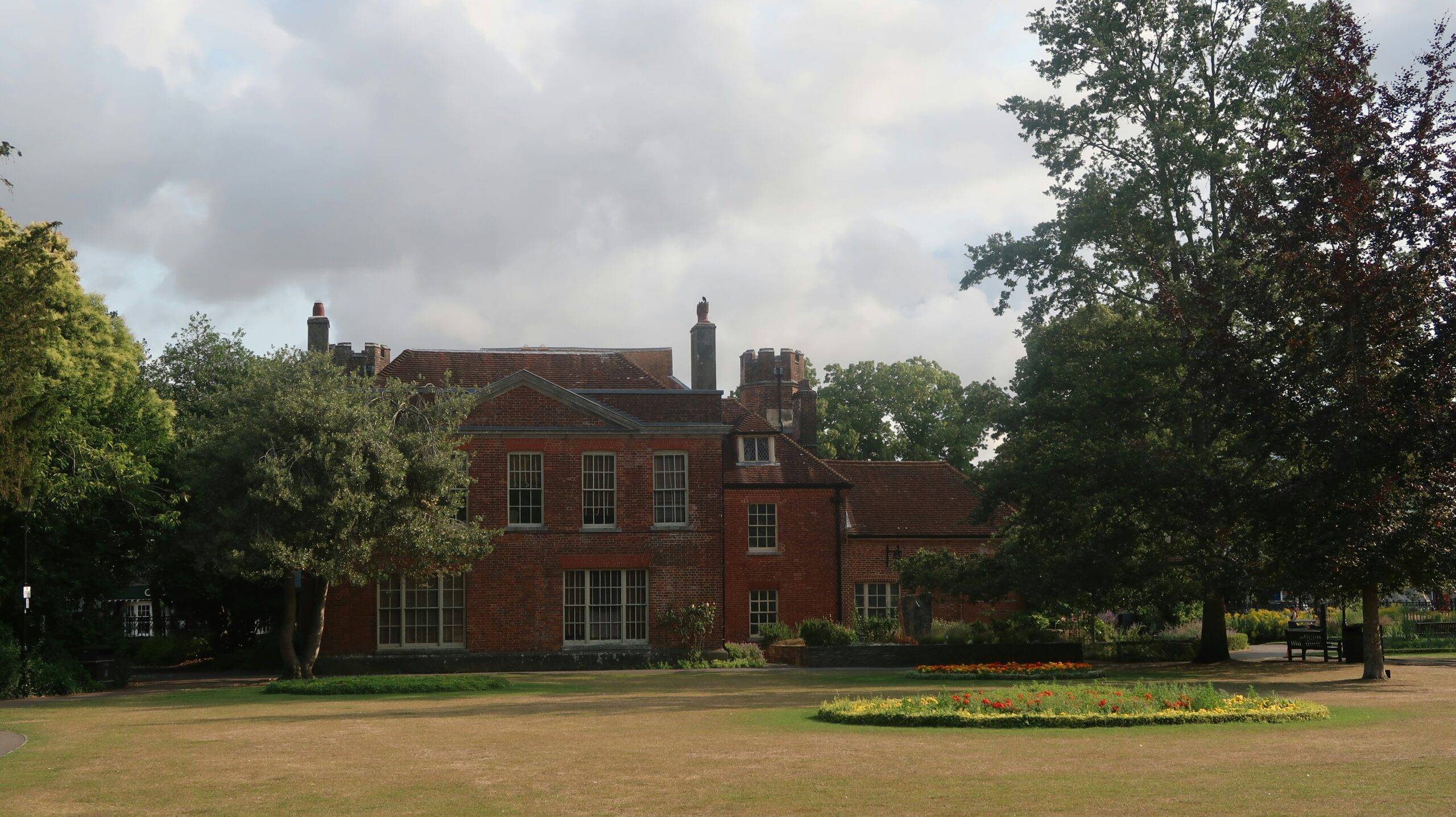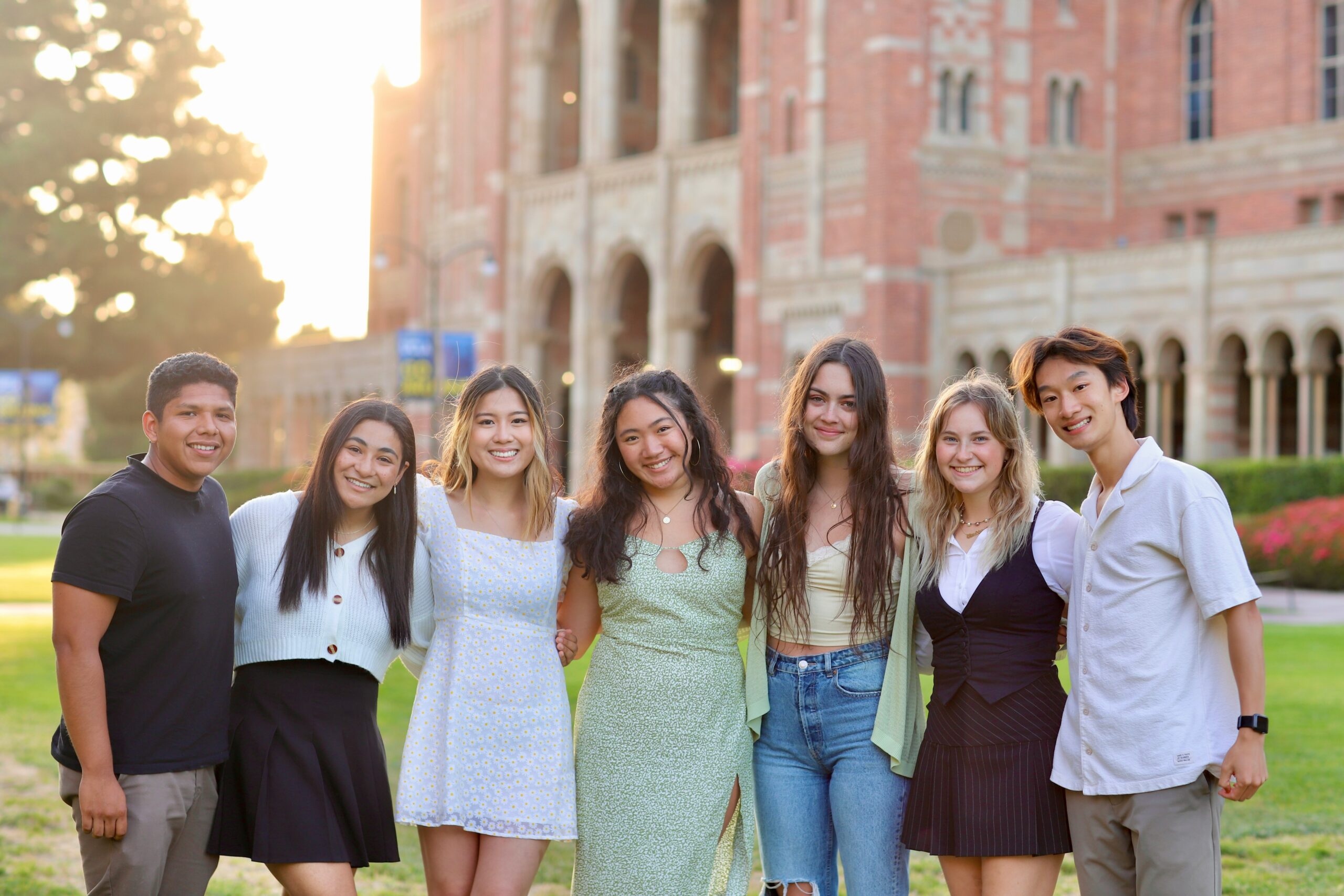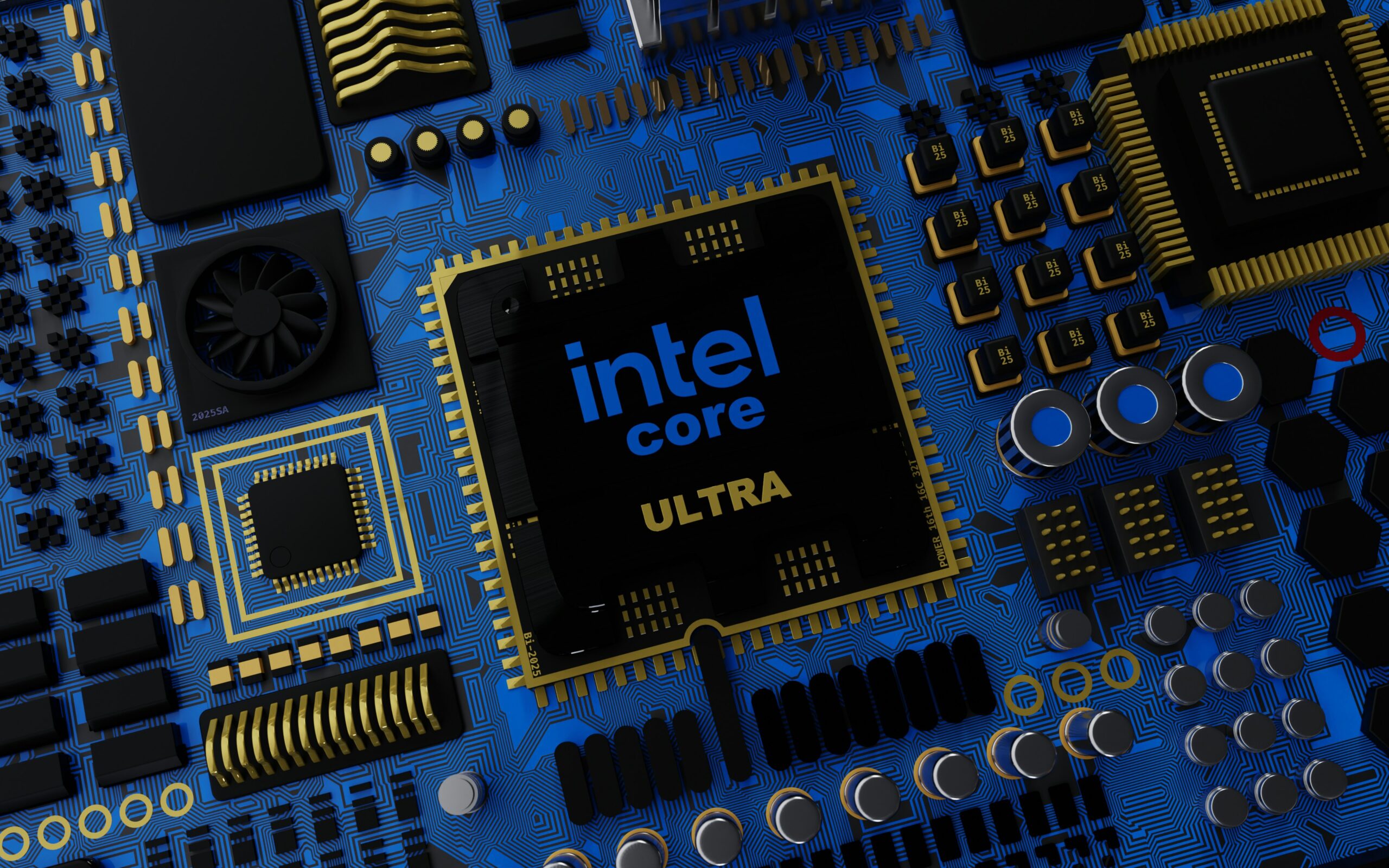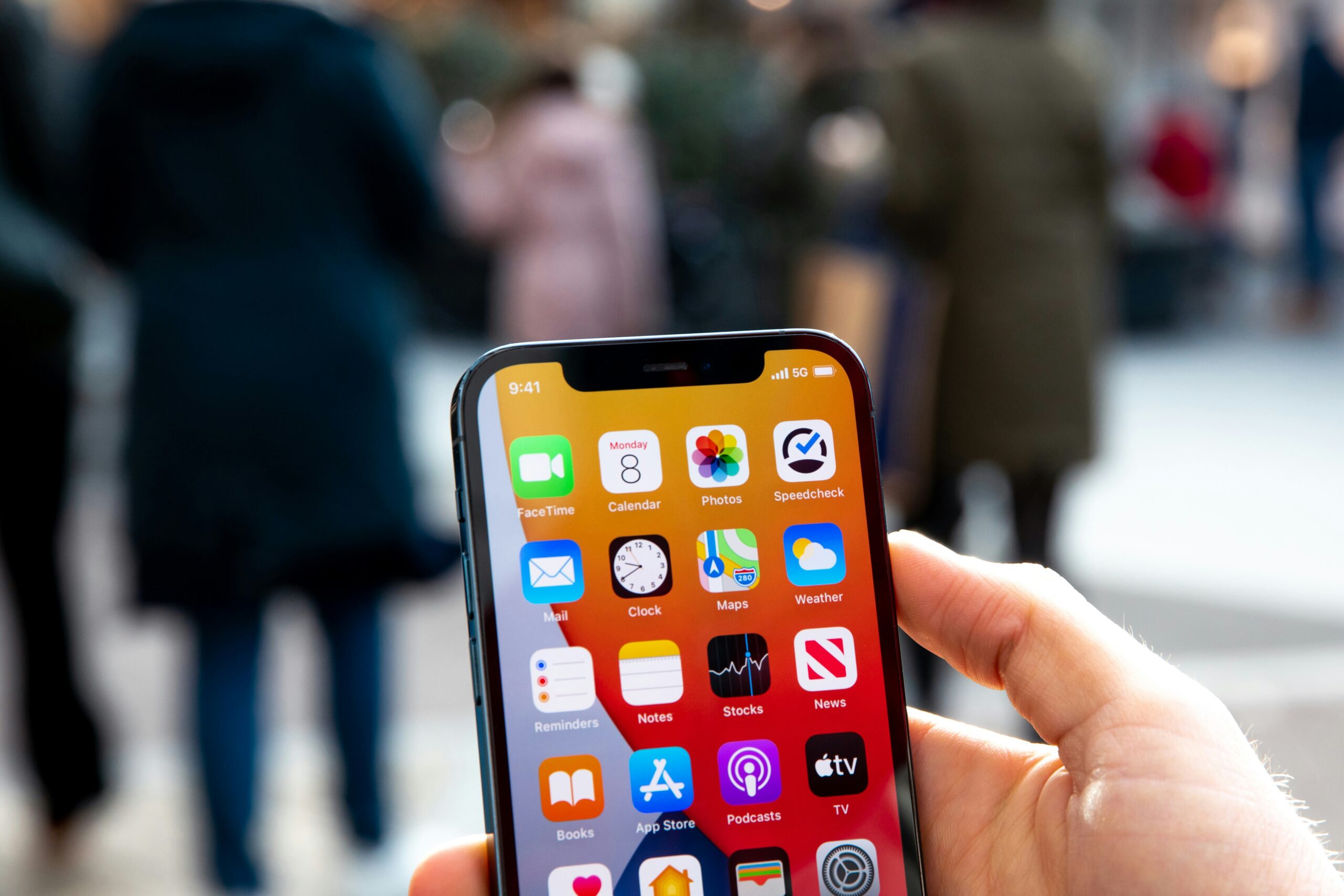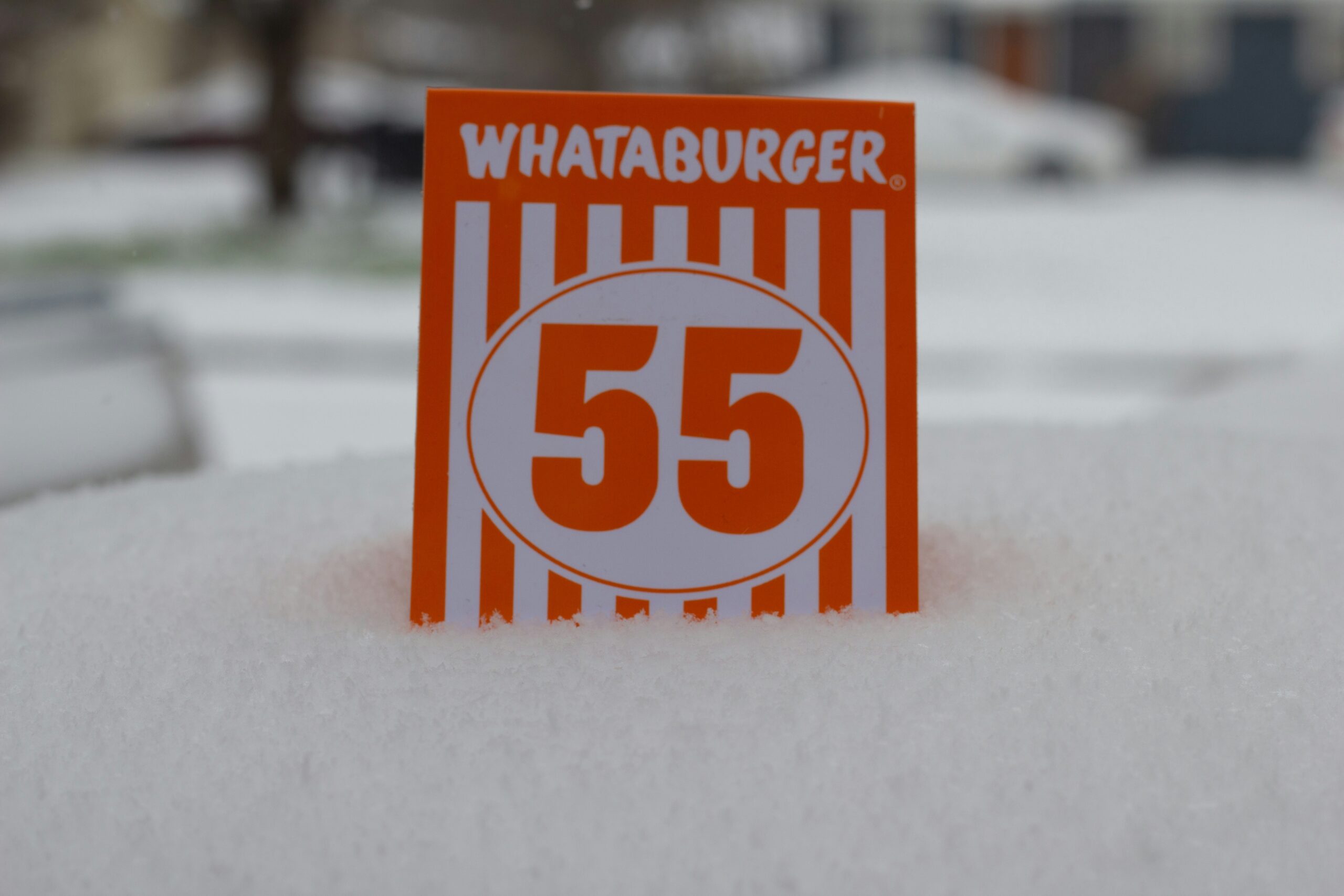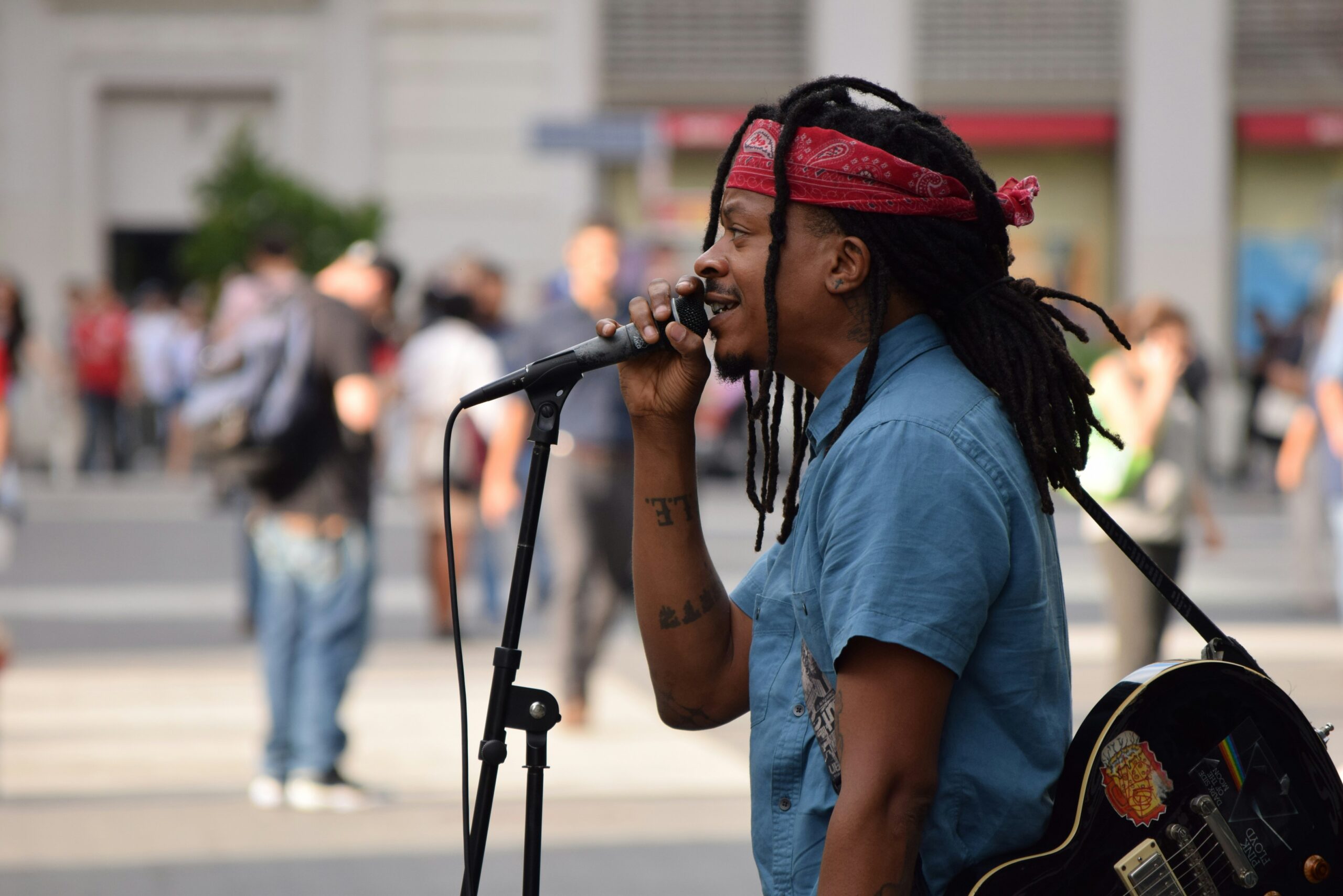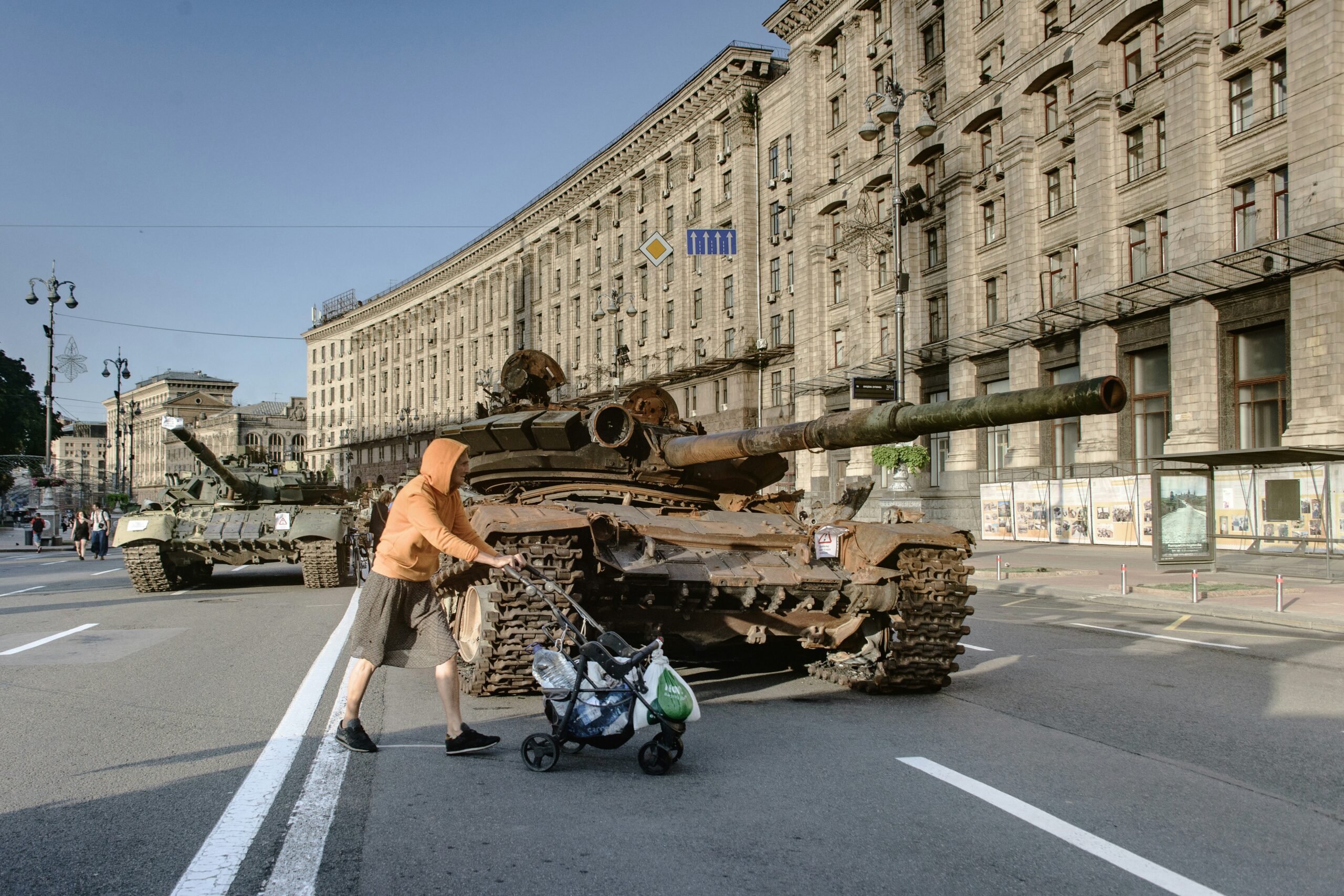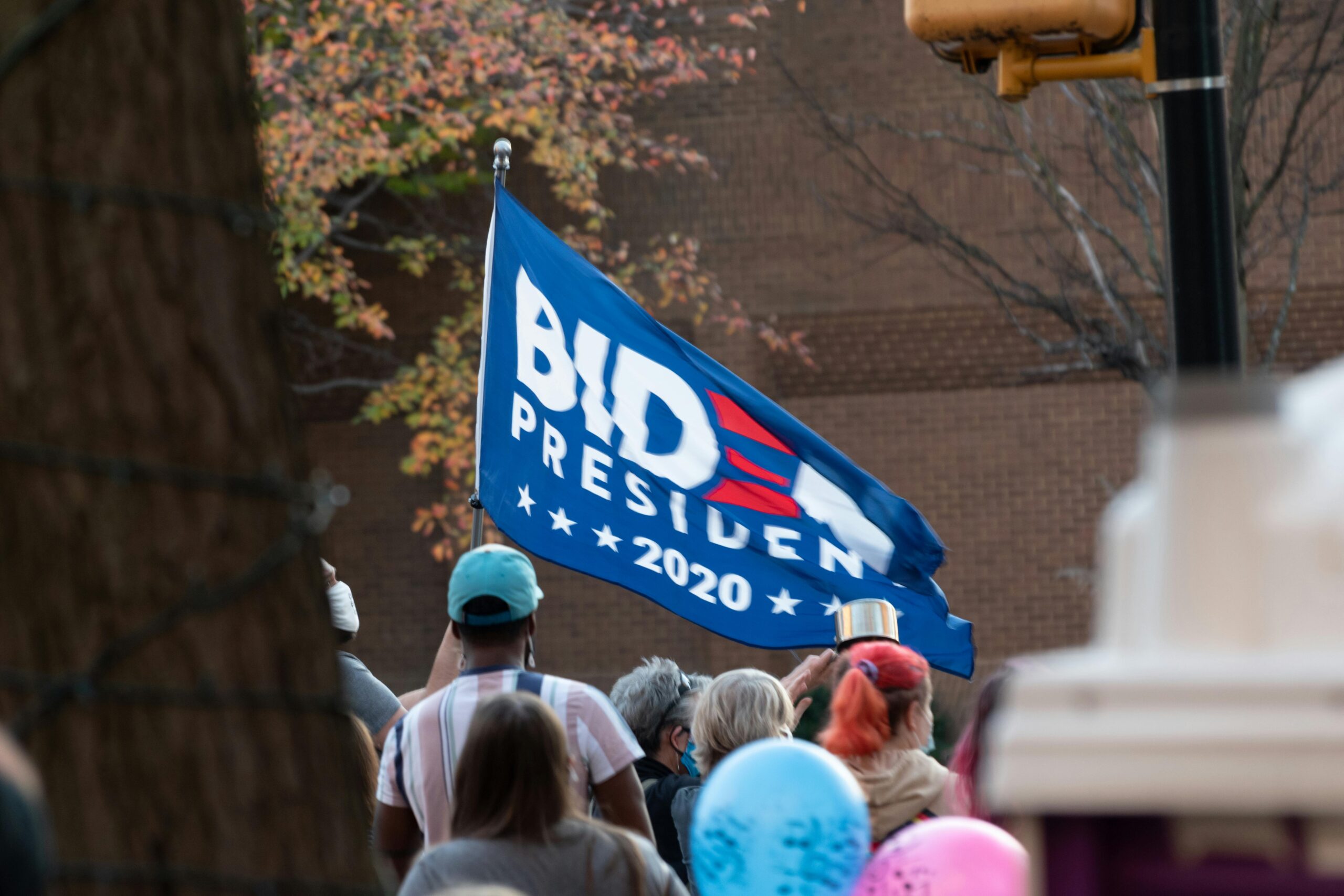Image credit: Unsplash
Four Columbia Law School faculty members said that the transfer of power from one president and political party to another often brings forth numerous legal questions, ranging from the election process and voting rights to executive power and the future of federal agencies during a November 13 event mottled Lawyers, Community, and Impact.
Controversy That Never Happened
Pundits expected some post-election debate to rage, potentially over an issue like vote counting. Despite anticipated trouble, election law expert and Joseph P. Chamberlain Professor of Legislation Richard Briffault said no such concerns arose.
“Whether or not you liked the results, the system worked,” he said.
Before Election Day, efforts to purge large numbers of votes came up short in several court proceedings, except in Virginia, where the United States Supreme Court upheld a pre-election debate regarding the voting eligibility rights of some of the state’s citizens. Briffault said that the highest court in the land did not adequately explain its decision in this ruling.
Issues emerged regarding the mechanics of mail-in ballots and enabling non-citizens to vote in local elections.
However, Briffault believes that the electoral system did itself proud for the most part.
“One nice thing about the election is maybe it will reduce some of the attacks on the electoral system,” he said.
How People Voted
Kerrel Murray, associate professor of law, thinks the need to monitor recent trends regarding racial depolarization bears further investigation. If in-depth breakdowns of election results prove that this issue still occurs in significant cases, it could have substantial implications for enforcing the Voting Rights Act.
For example, to successfully argue that redistricting would cause racial vote dilution, those arguing as such must demonstrate that racially polarized voting exists and that racial minority and minority voters cast ballots in blocs.
The Future of Government Overhauls
President-elect Donald J. Trump proposes eliminating the Department of Education (DOE) and creating a Department of Government Efficiency (DOGE). That said, Thomas W. Merrill, a Chester Evans Hughes professor of law, believes accomplishing this task will be more complex. He says such an undertaking often fails because of the efforts of opposition groups focused on the agency in question’s mission.
Additionally, new federal agencies usually prove challenging to create. “The president has no authority to create the department of anything without Congress authorareng it,” Merrill said.
Moreover, the professor said presidential legal orders carry a specific legal effect but do not establish unbreakable mandates. These devices are directives from the nation’s chief executive to people working under his charge, who often work in the administration.
However, they do not have the force of law or demand the actions of anyone outside the government. That said, the president-elect will have the chance to appoint federal judges, and courts may prove beneficial in his attempt to shorten the federal government’s arm.
Trump’s Legal Questions Remain
Kate Andrias, Patricia D., and R. Paul Yetter, a law professor, said that Trump’s election likely means legal issues regarding presidential immunity will remain unanswered, and criminal prosecution against him will probably cease. The new and old leader’s victory raises additional questions about subjects like pardon power and the federal government’s ability to retract reproductive rights through various actions.
Andrias also believes challenges to the National Labor Relations Board (NLRB)
are caused by agencies protecting workers’ rights.
“The effort to adjust the administrative state is not just about the administrative state and the existence of agencies that may have outgrown their utility,” she said. “It is actually about a much more frontal assault on the existence of administrative agencies.”
Trump’s proposal to end civil service protection is far more apt to occur during his second term. That said, such an effort will likely require legislation and not happen merely through an executive order.












































